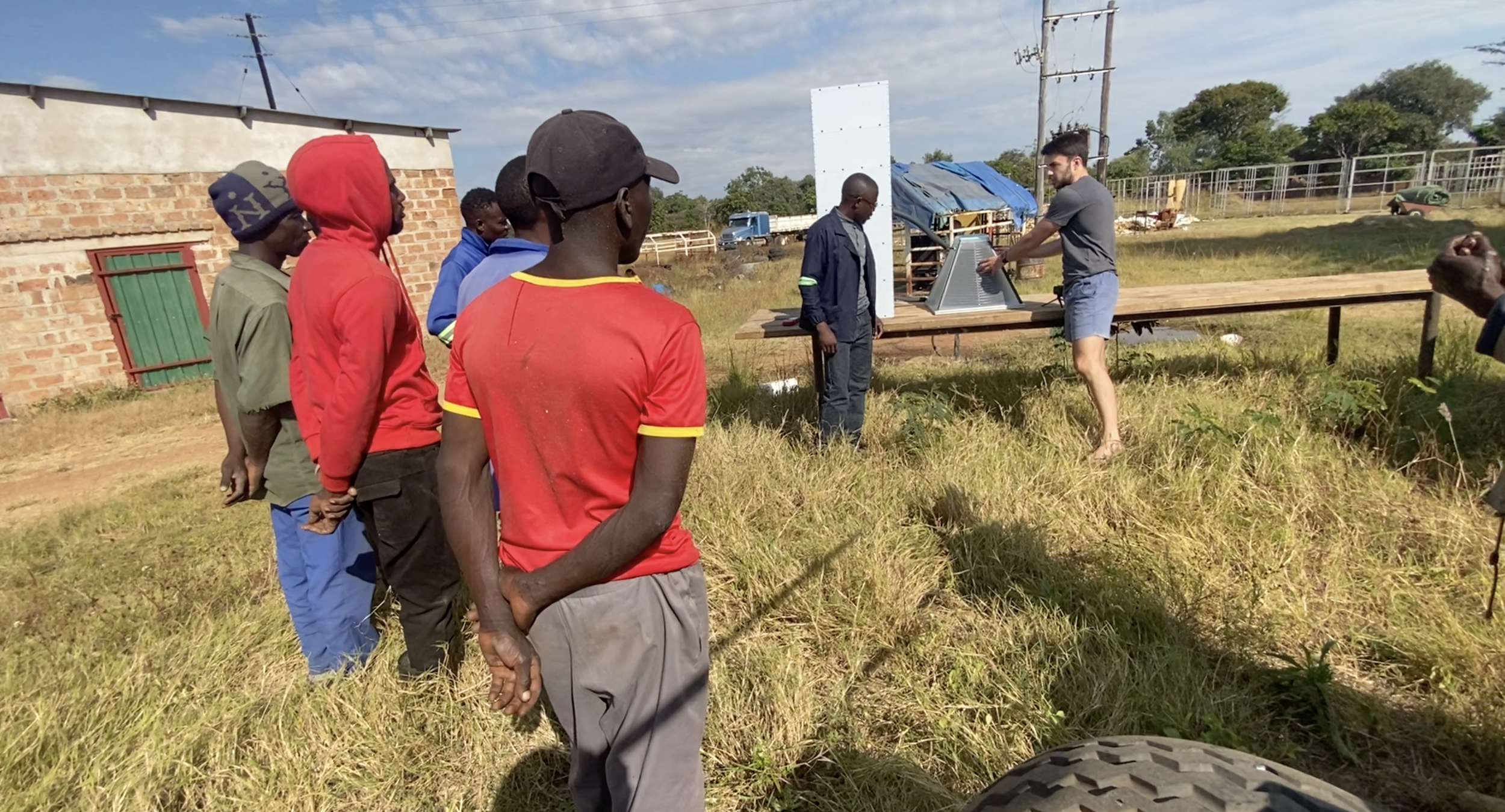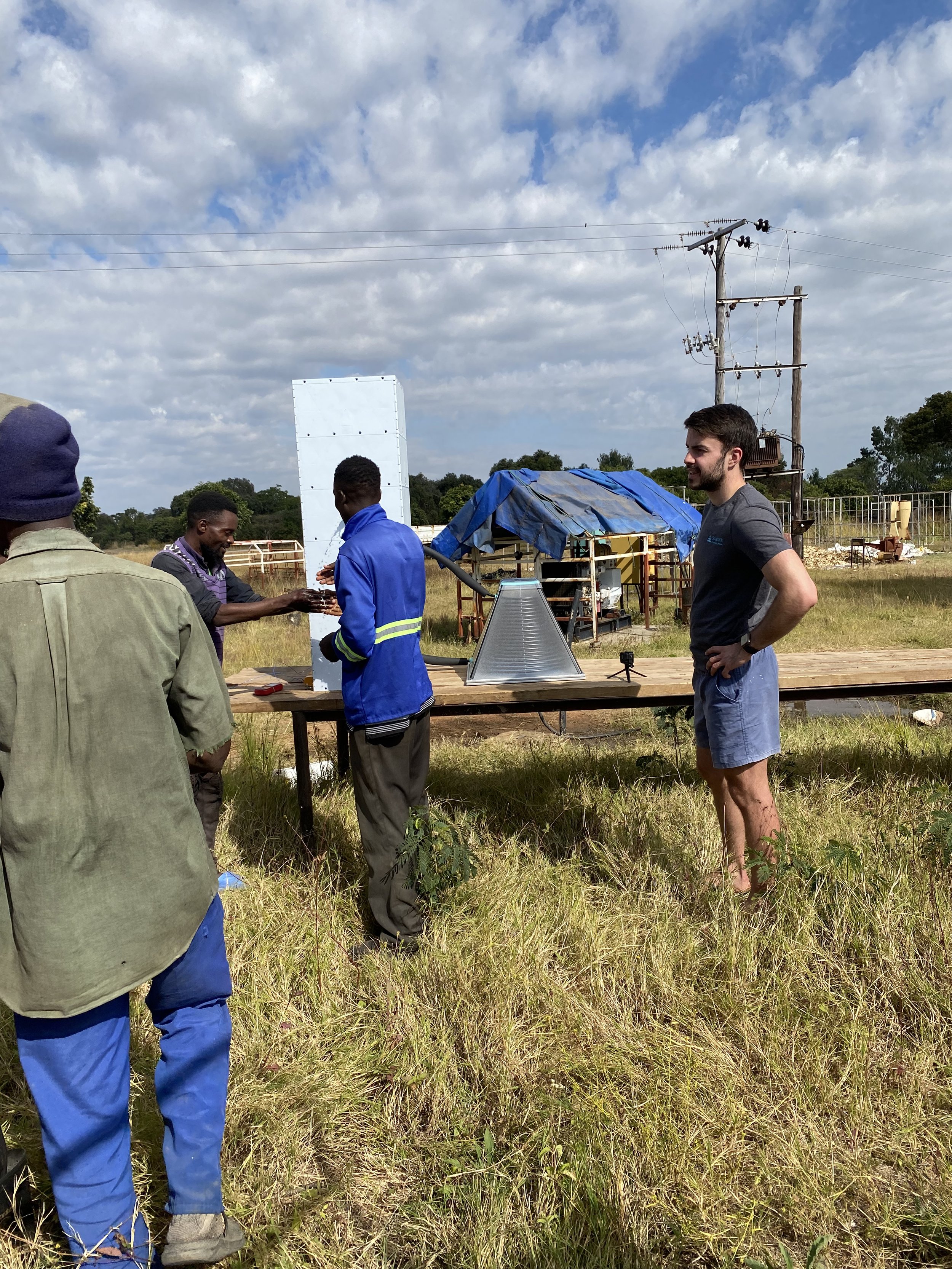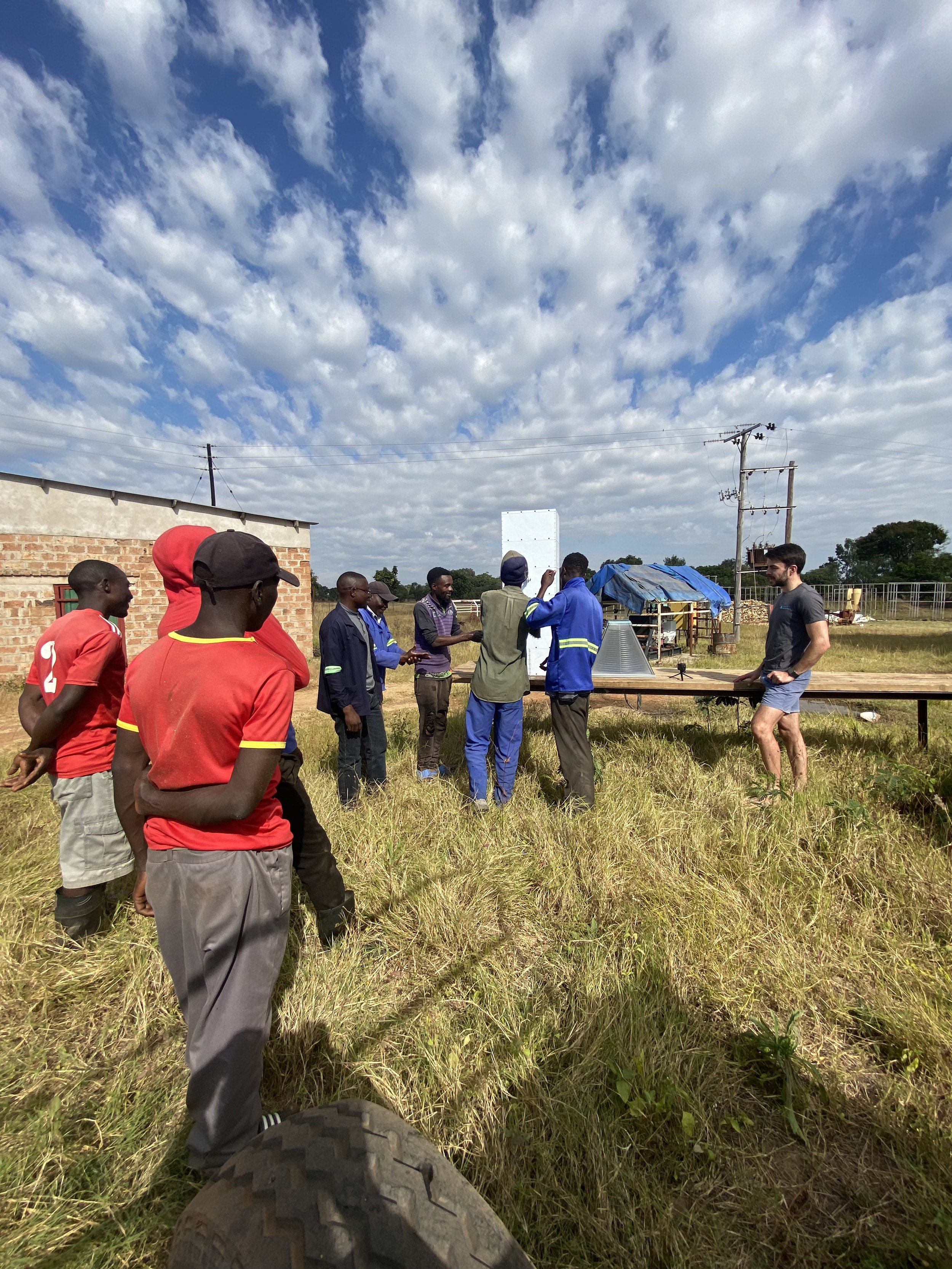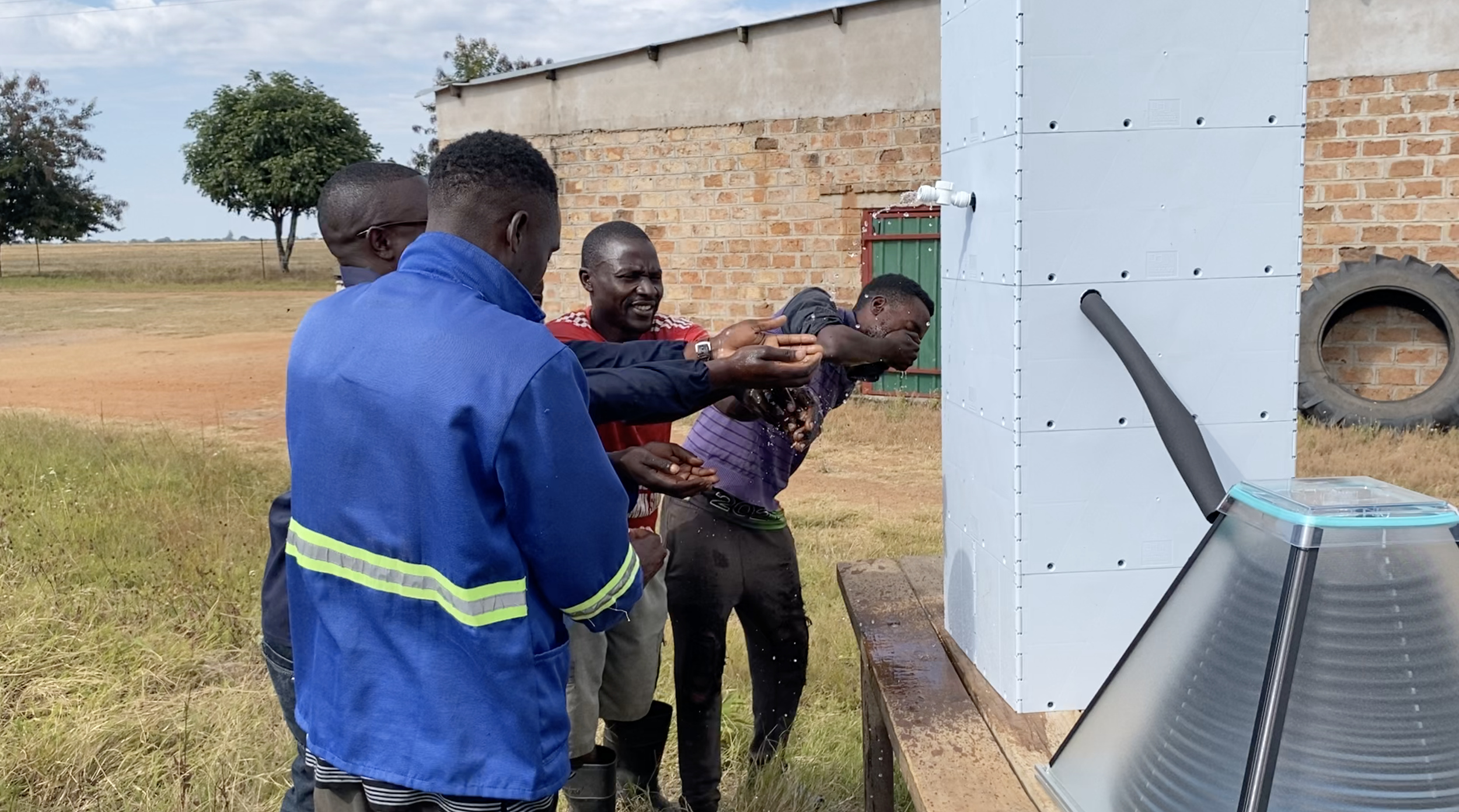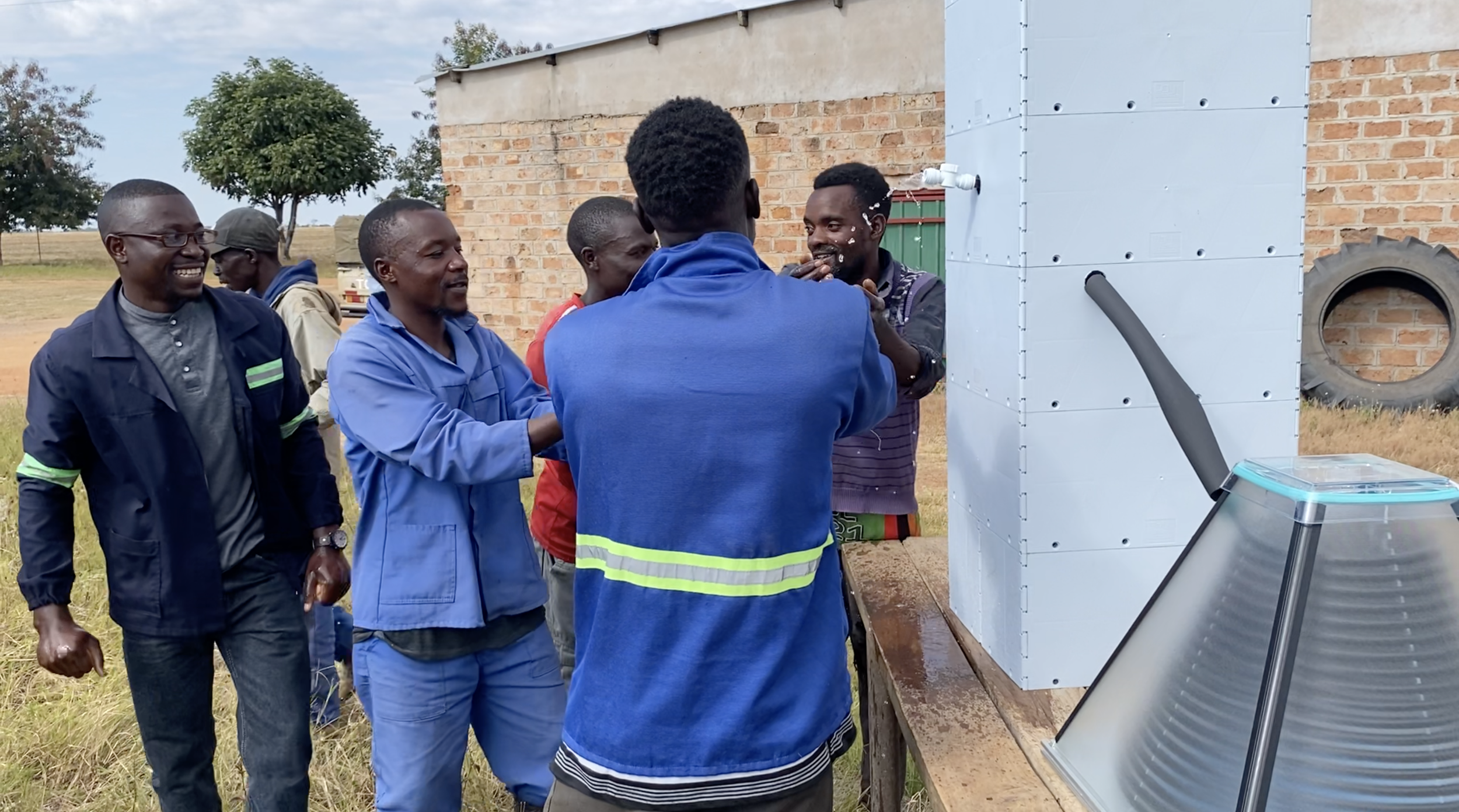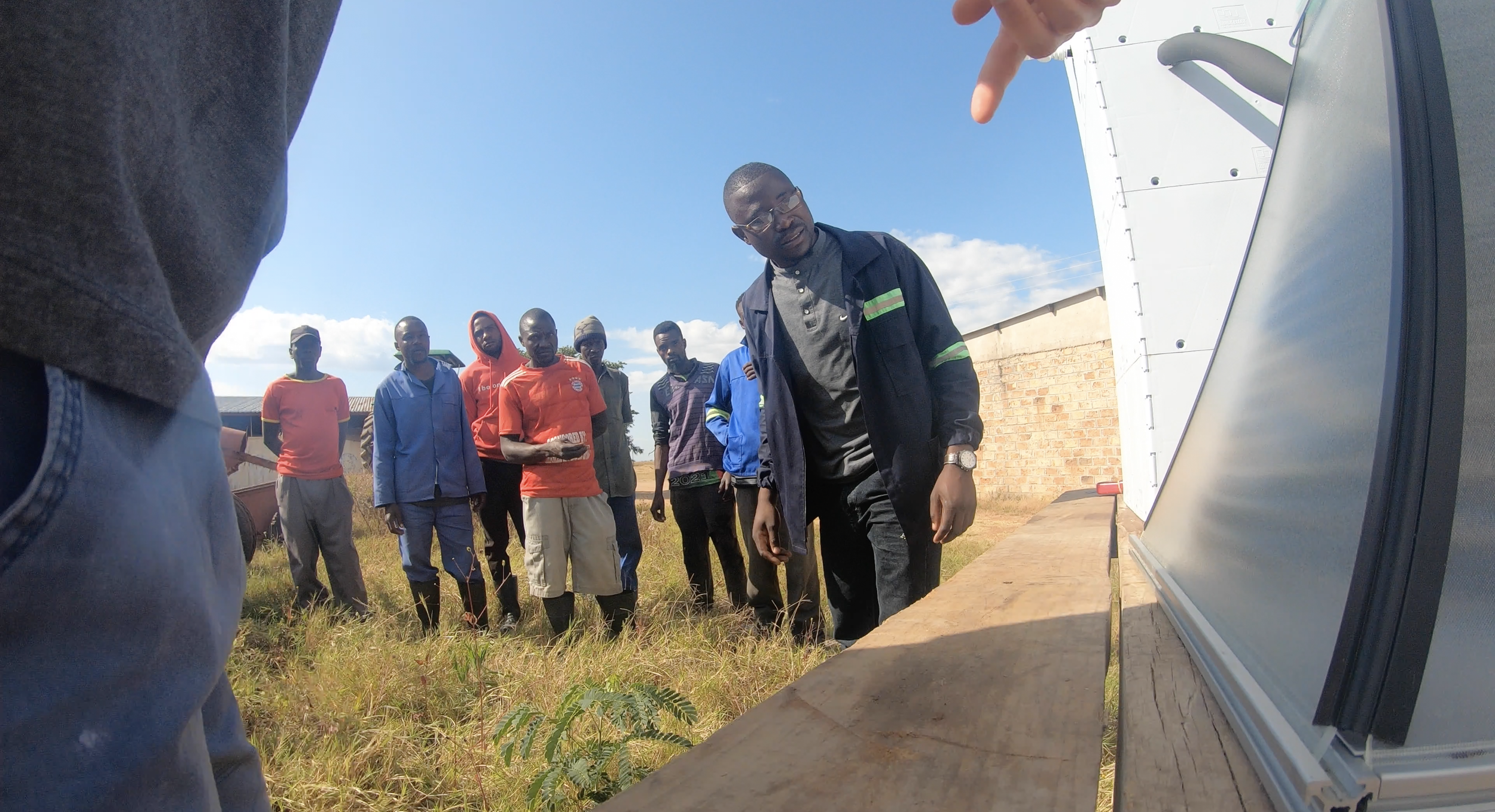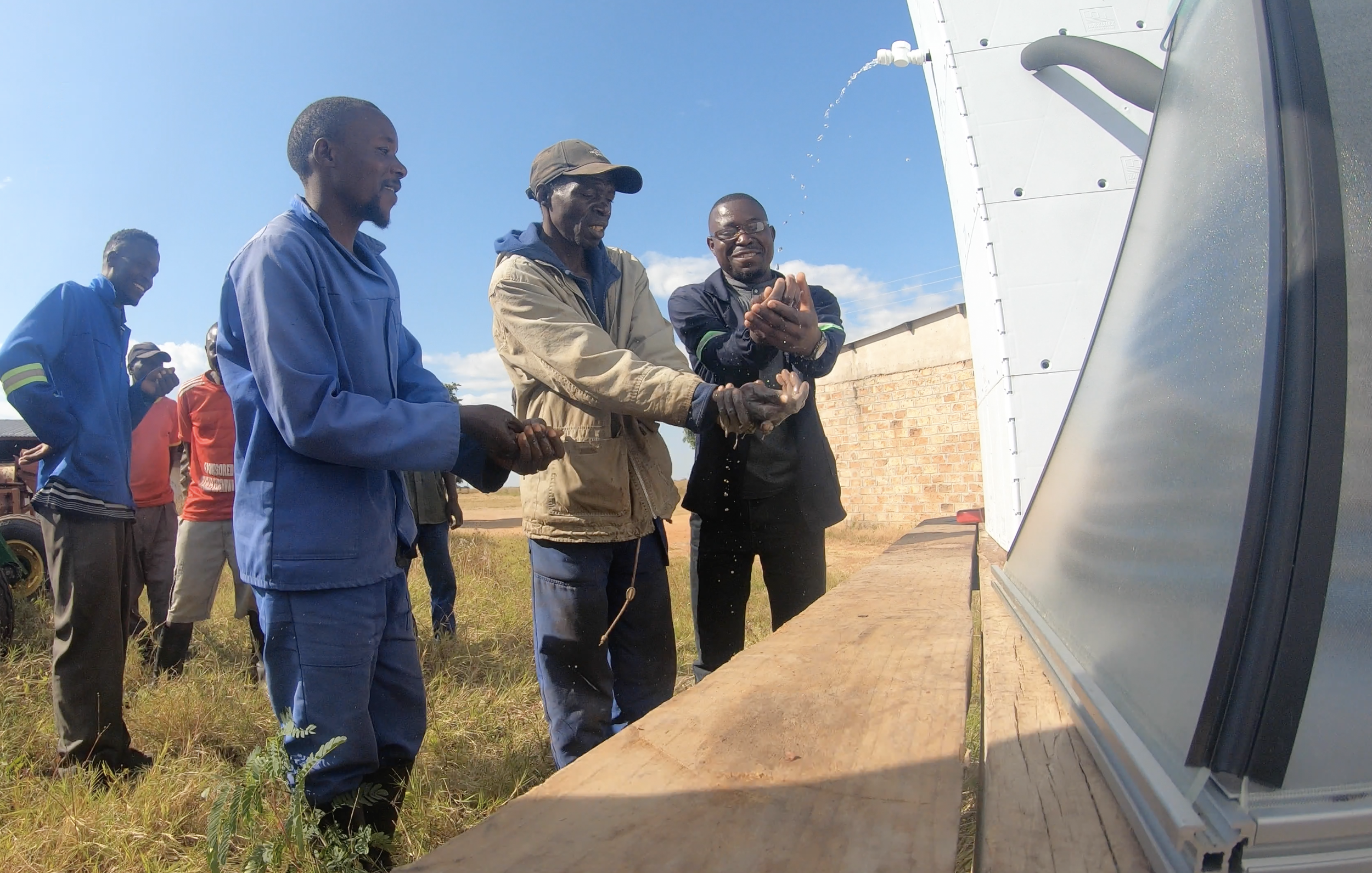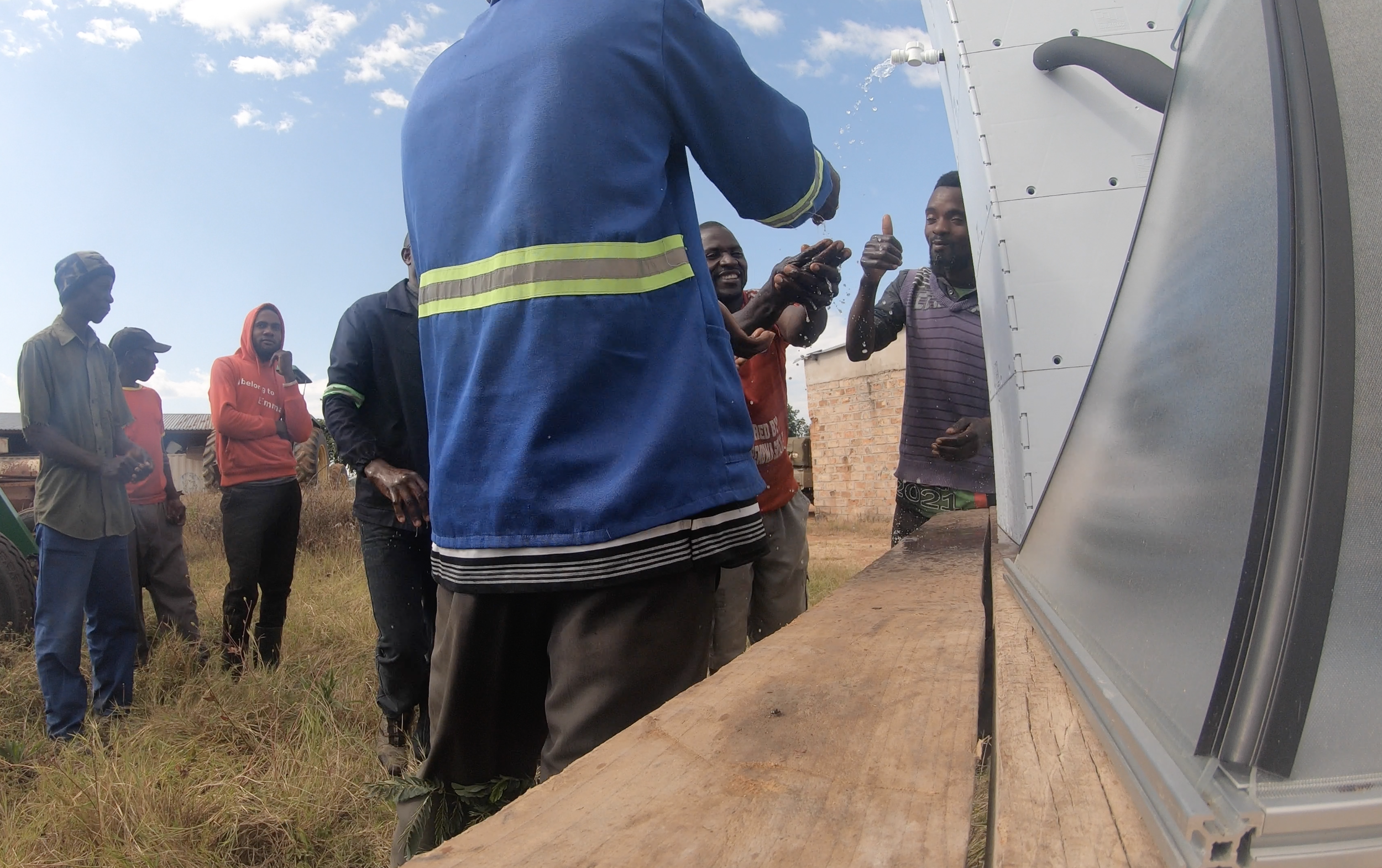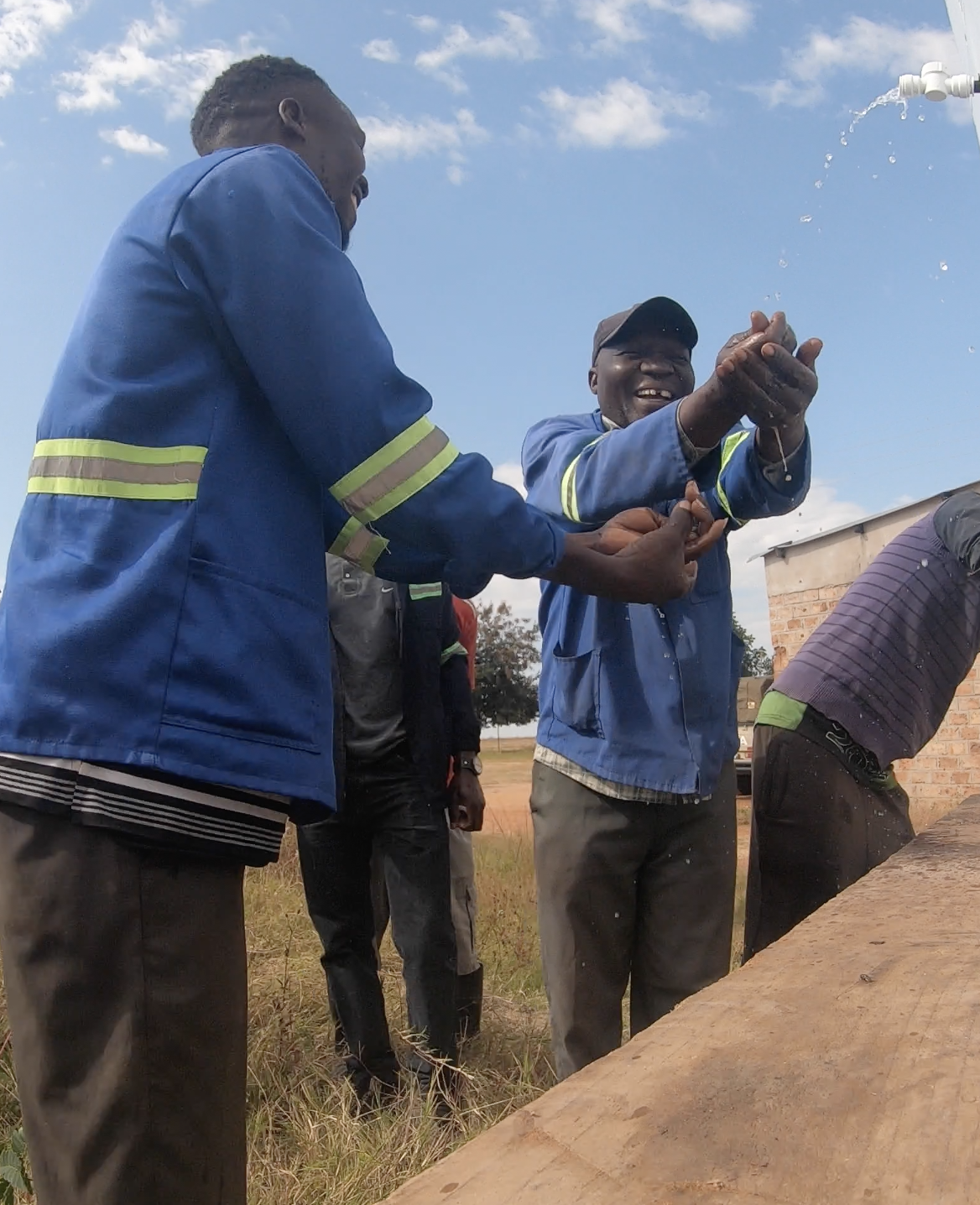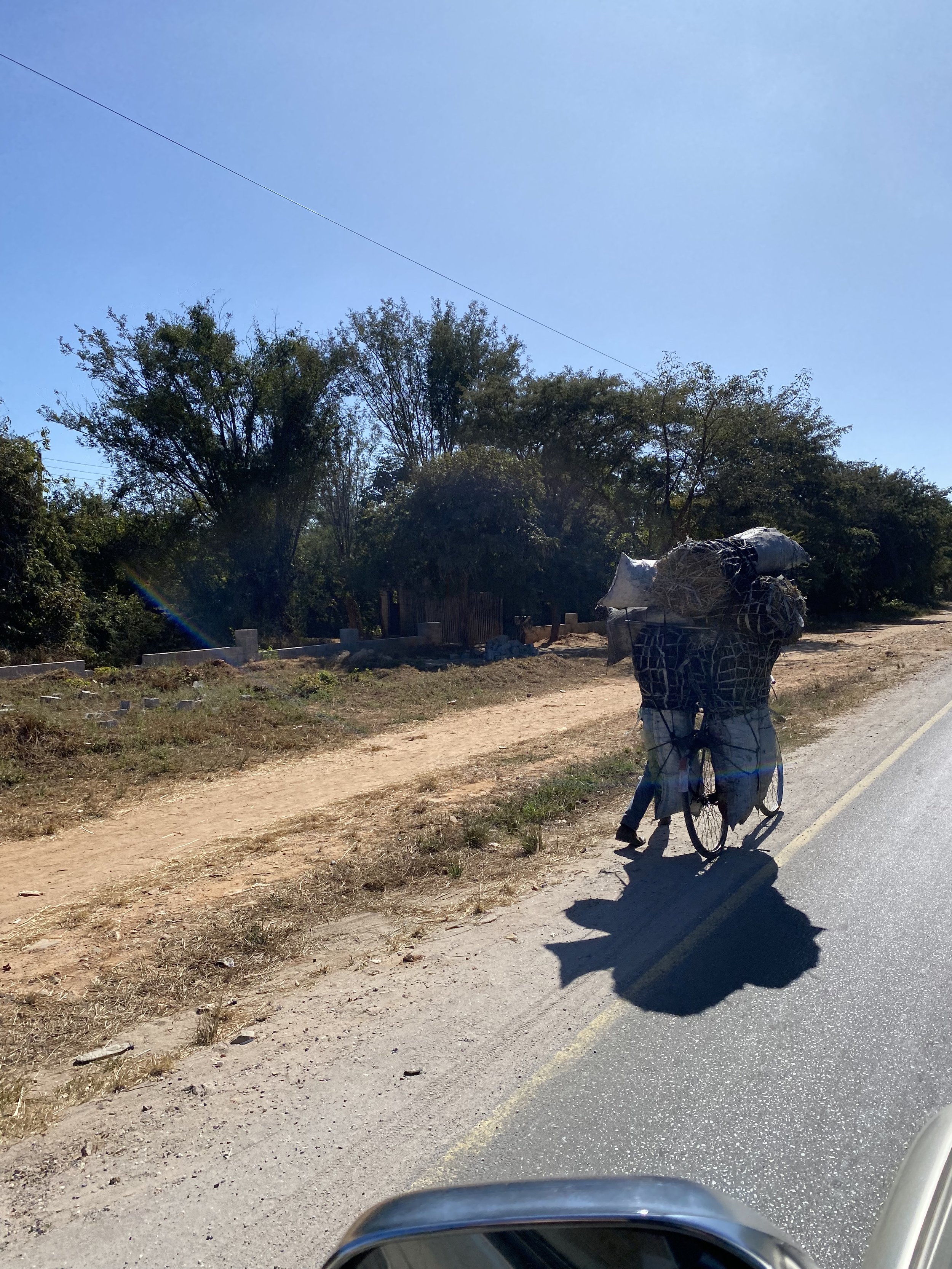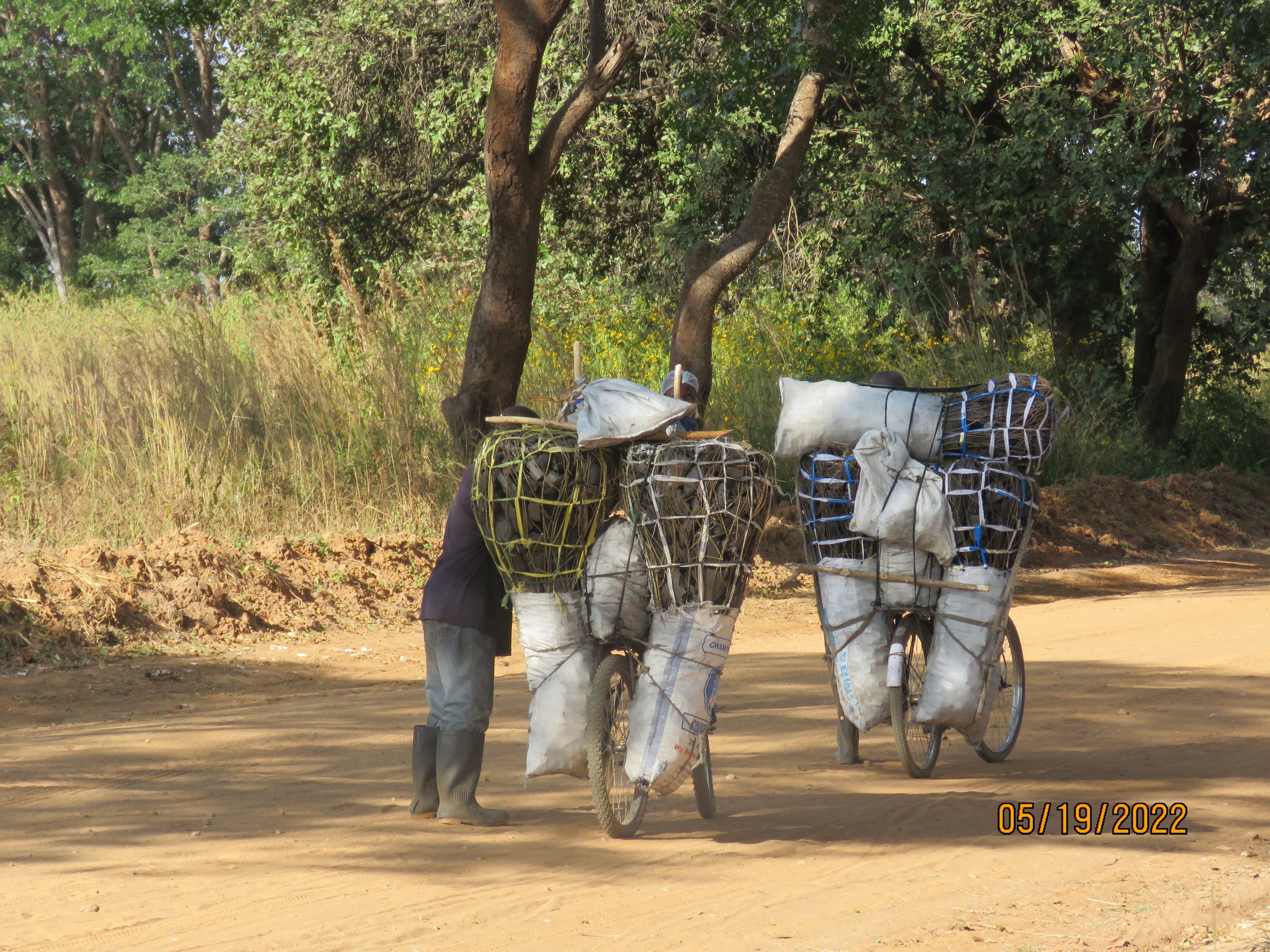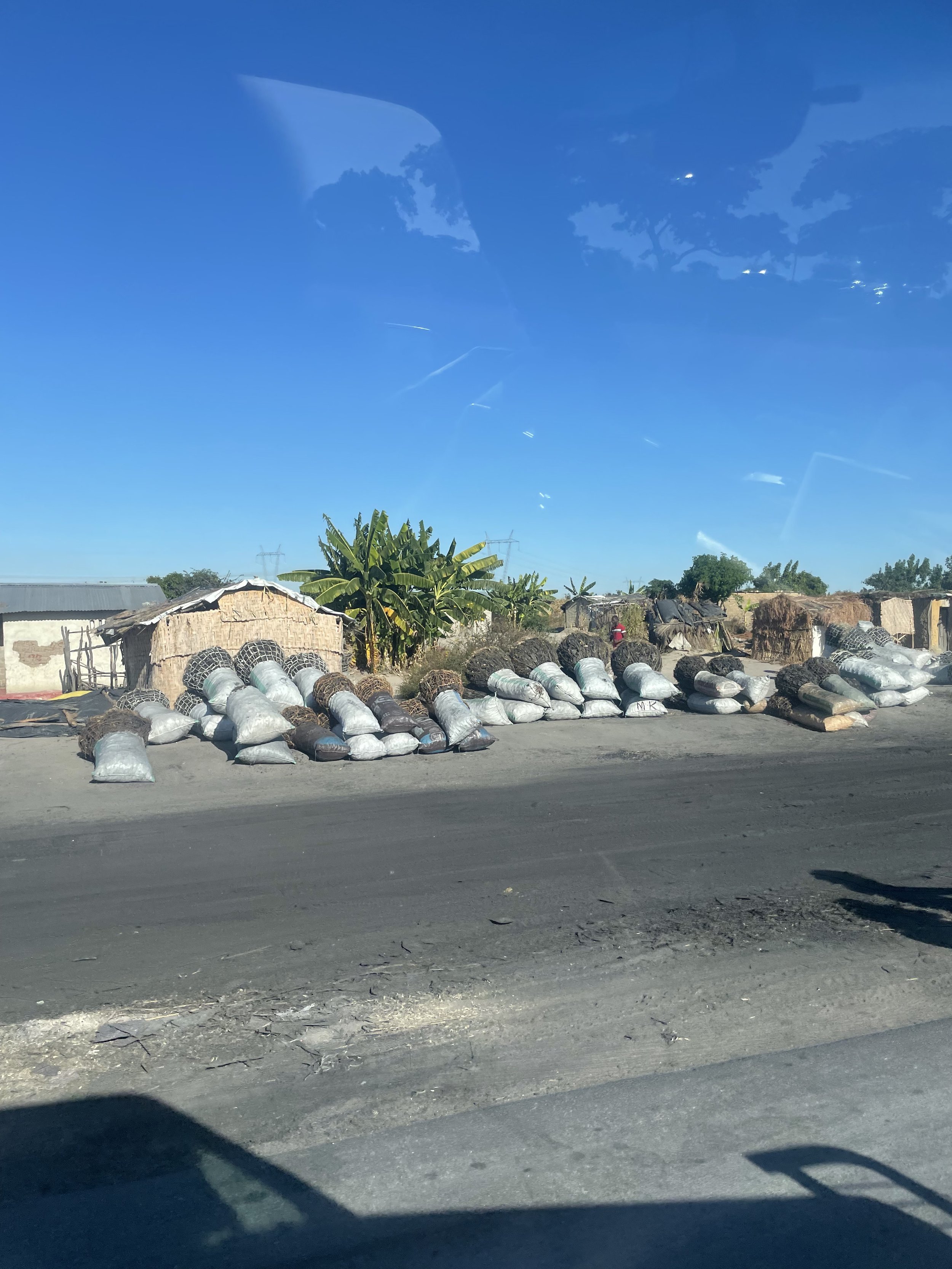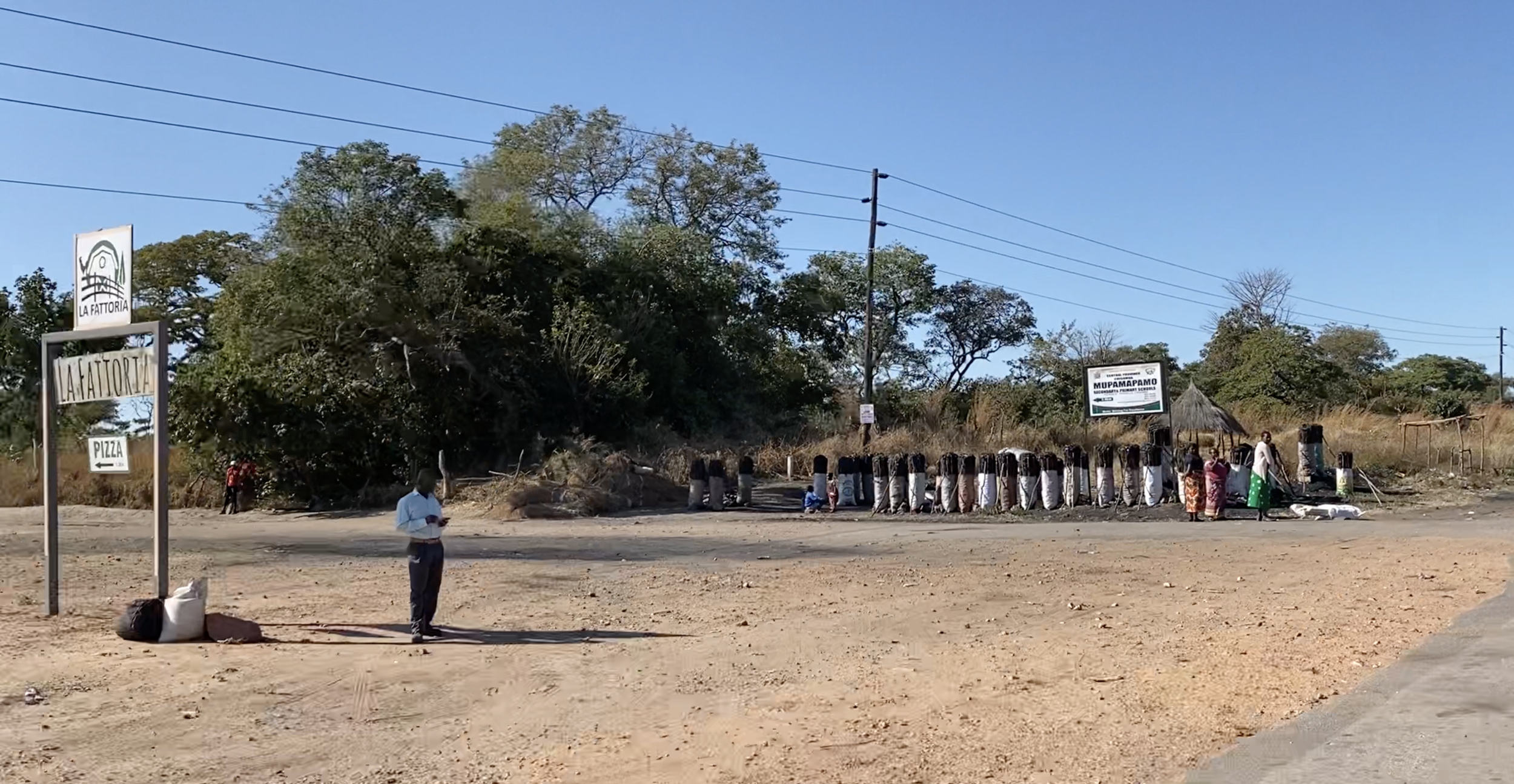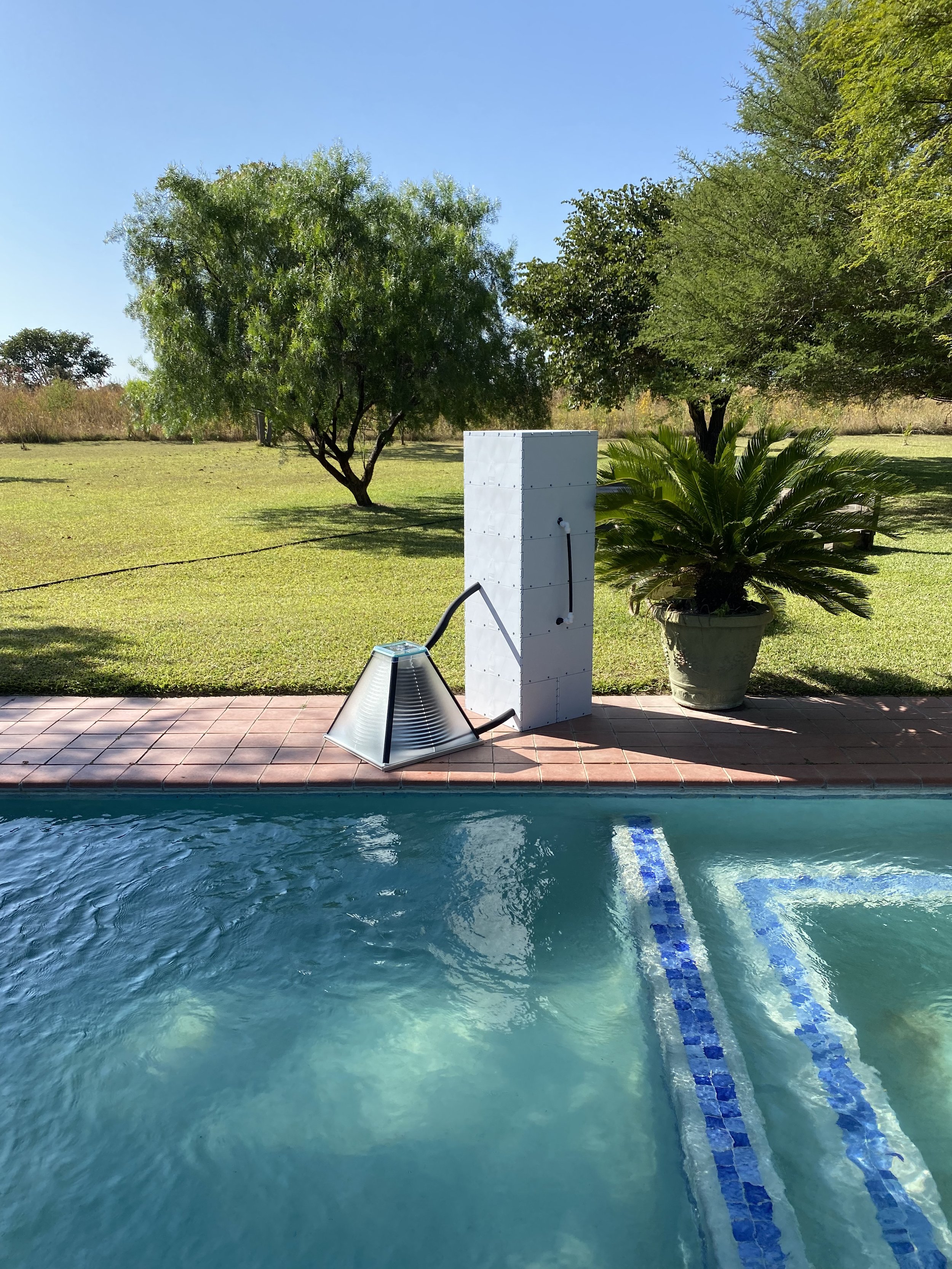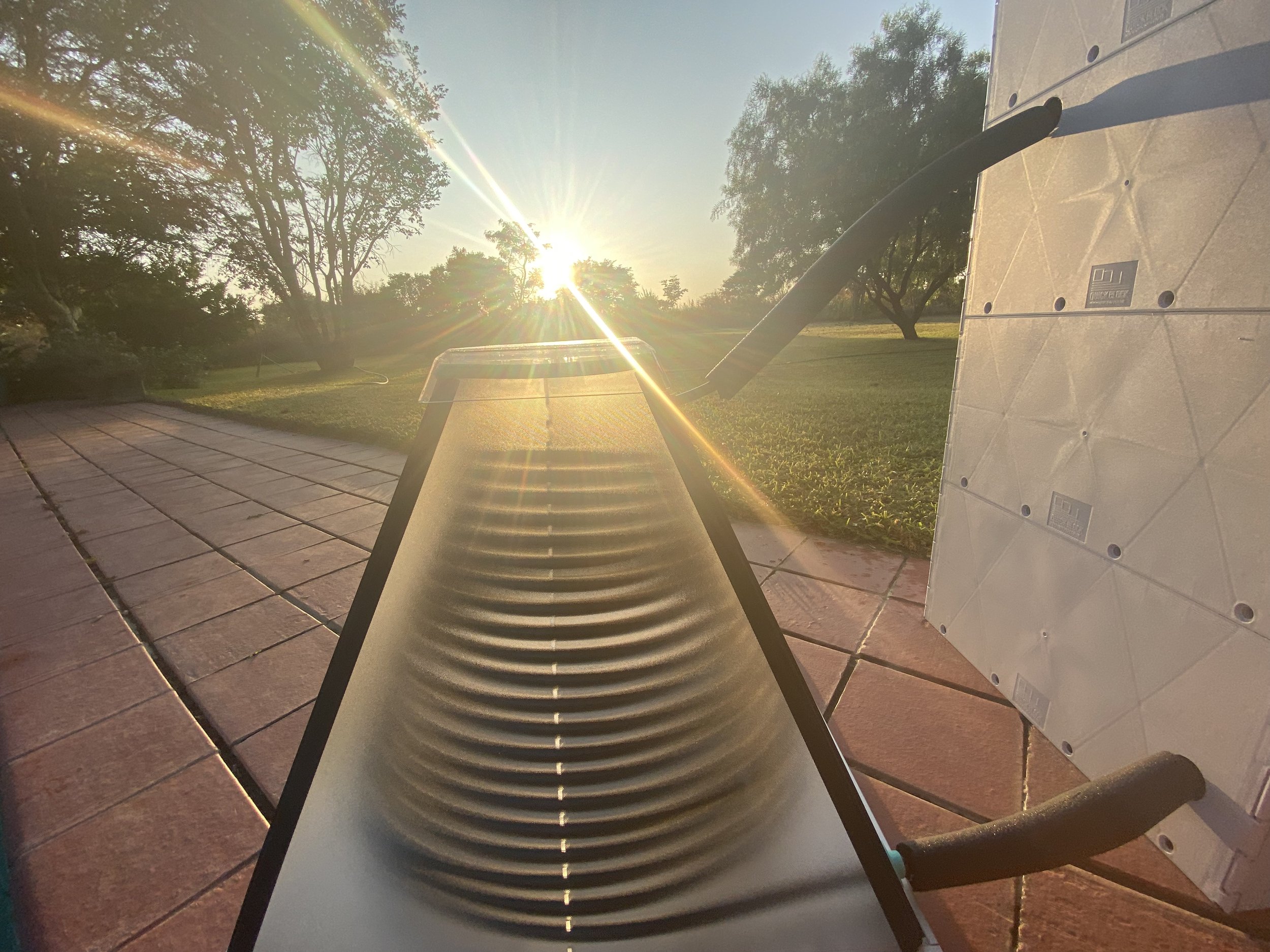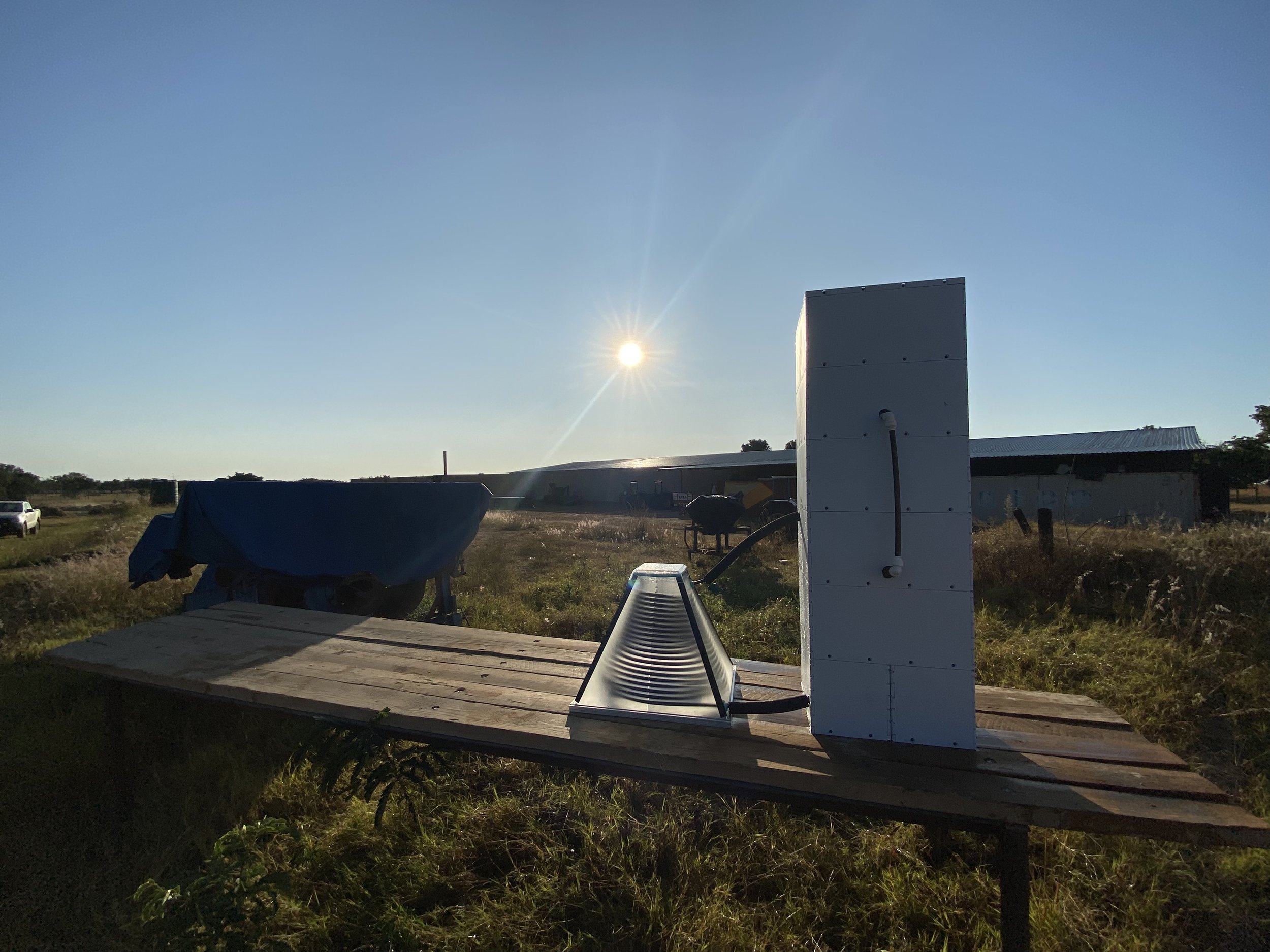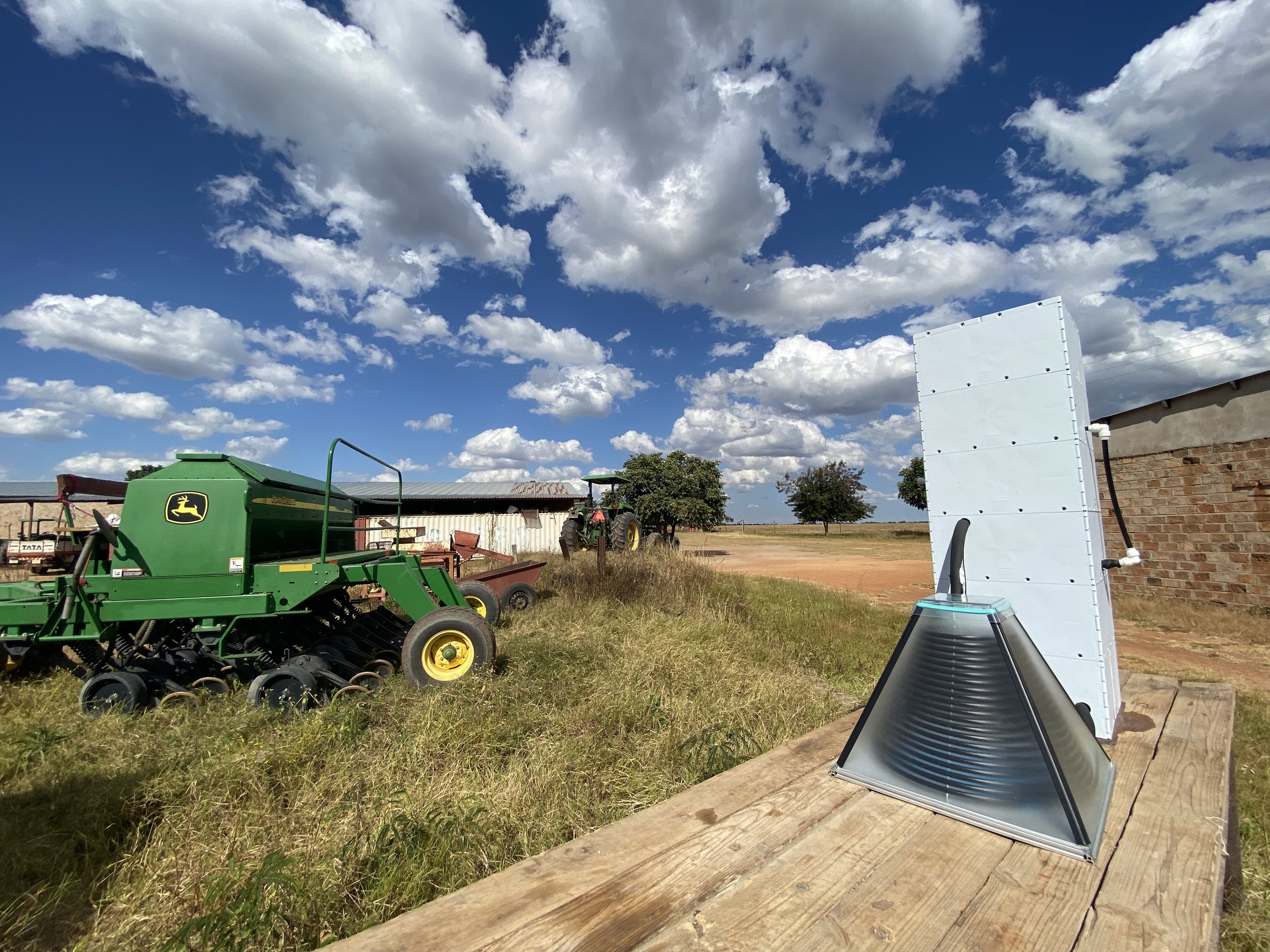Zambia’s First GravityFlow solar Hot Water System
(Written and photographed by Hamish, SolarisKit Engineer)
I travelled back to my home country Zambia at the start of May. Before leaving Scotland I managed to pack an entire Gravity Flow System into my airline suitcases to take back to my family farm to test the system, and most importantly, spread the word of Solariskit’s solar hot water solution which can empower people through providing sustainable hot water.
Zambia is a Southern-African country that sits below the equator, boasting high summer temperatures and mild winter conditions - resulting in massive solar potential from the hot African sun that emits a solar irradiance ranging between 4 and 6 kWh/m^2 daily. The perfect location for a solar collector.
The family farm is located in central Zambia, on the outskirts of a town called Kabwe. The farm employs thirty-nine people permanently, of which none have access to clean energy, having to resort to more traditional ways of using wood or charcoal to heat up water; for washing dishes, bathing, cooking and clothes washing. If that is not affordable, then cold water is used, decreasing the hygiene levels and increasing transmission of viruses and diseases as a result.
The farm is only a small example of the situations in many African countries; however, it can speak for an entire country as this is the situation for majority of the Zambian population of 18.3 million people. At least 80% of the Zambian population (14.7 million) rely on wood and charcoal as the primary source for heating and cooking. Adding to this, Zambia has the second highest rate of deforestation: 300,000 football pitches of woodland are destroyed every year. In the 1970s, 80% of the country was covered by forests; now it is expected that by 2030, all of Zambia’s forests will be eliminated. [1] On average it takes 3kg of wood to make 1kg of charcoal, therefore it is not an efficient process to begin with. Furthermore charcoal making can be very harmful to your health. Most of the charcoal is transported on a standard bicycle which should only carry 1 person, however, these bikes are forced to carry multiple bags of charcoal that each weigh up to 35kg. Whilst driving along the Great North Road we passed a charcoal selling point every kilometre on average.
I was fortunate enough to fly over part of Zambia, the views were quite worrying as you can see the impacts of deforestation are evident. The contrast can be seen from comparing the mountainous regions and the fenced areas to the bare land in-between.
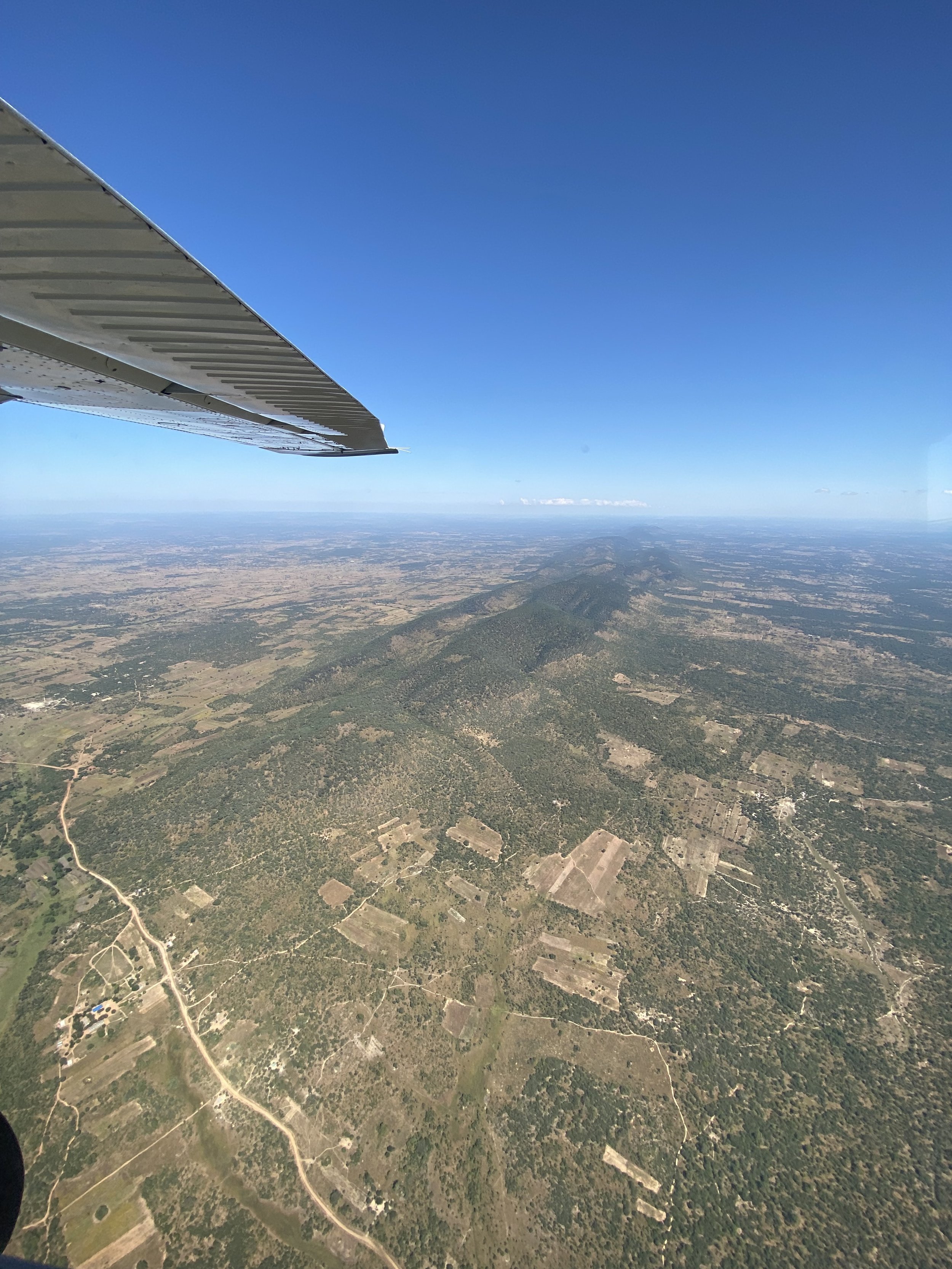
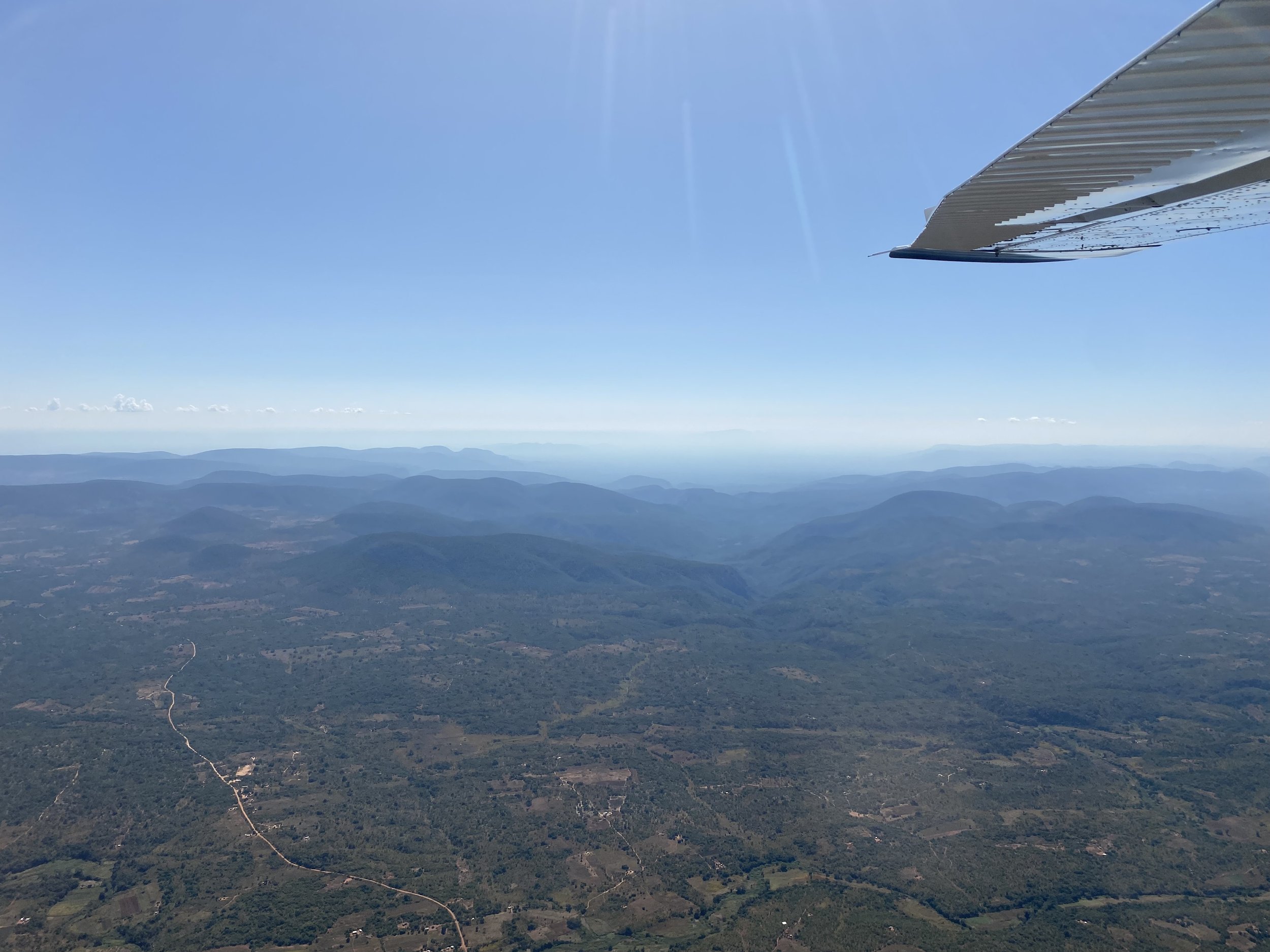
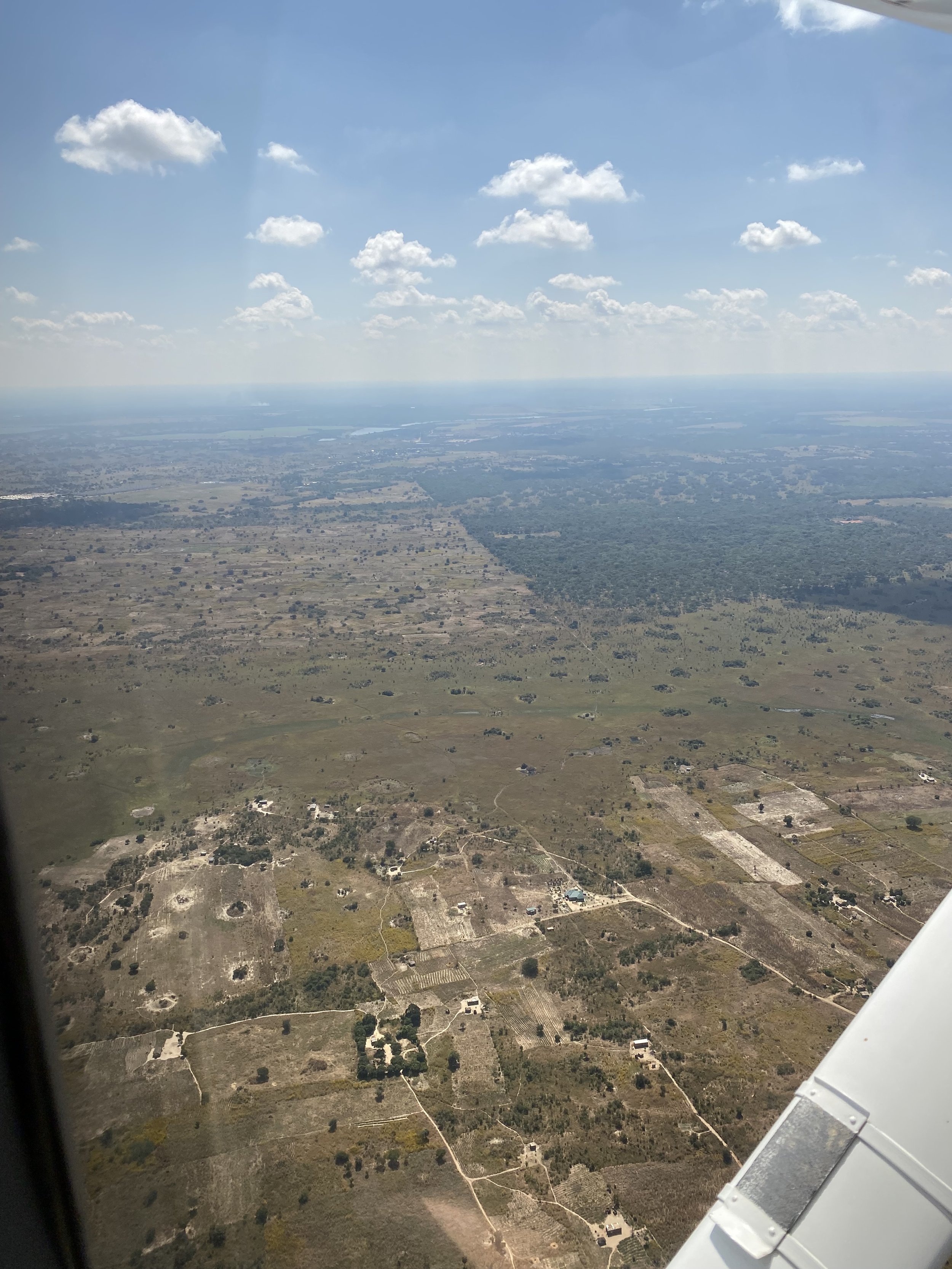
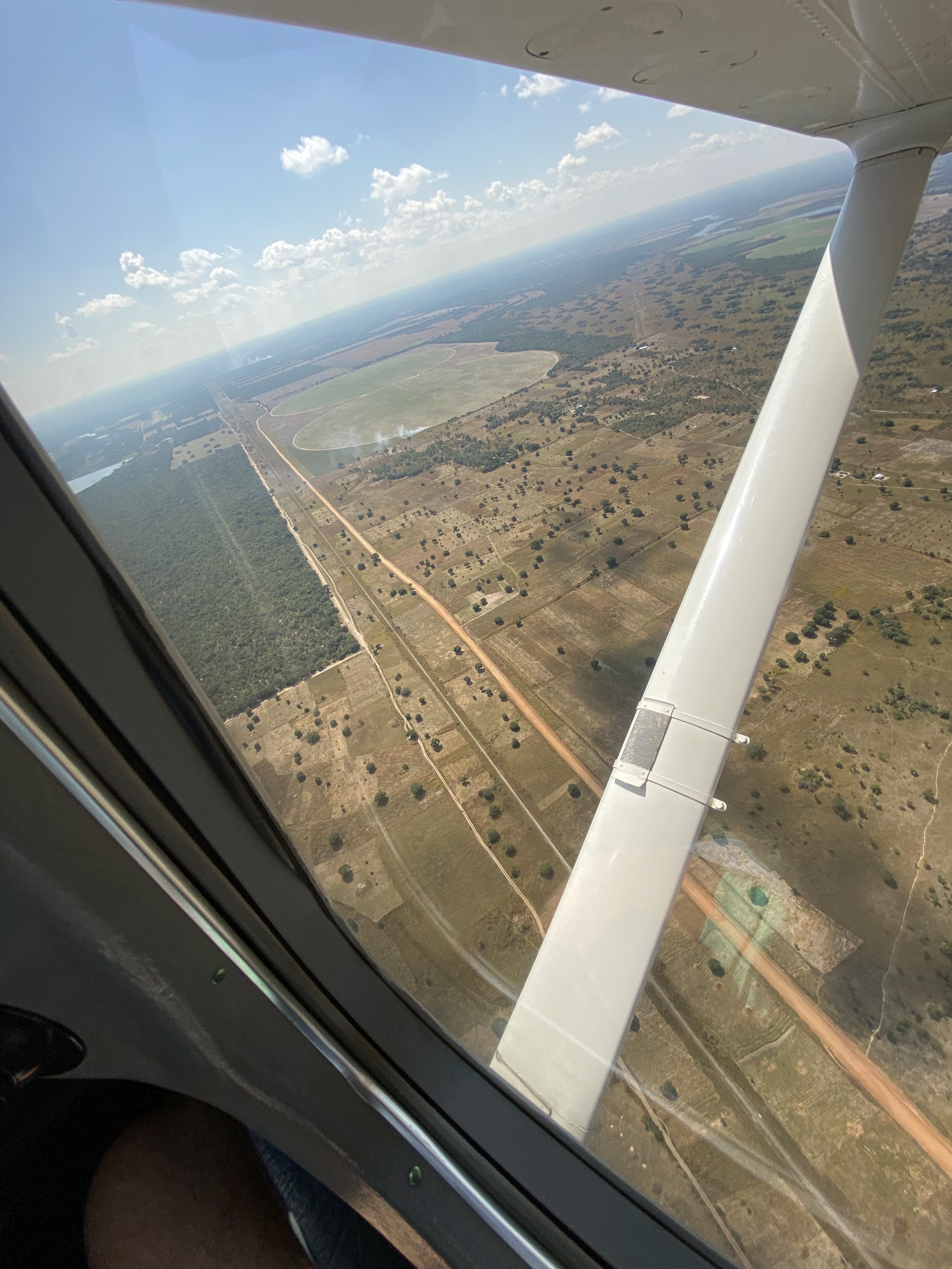
When arriving in Zambia, the first task was assembling the system, which consists of: a flat packable Solar Collector, 2 water tanks, and a set of QuickBlocks. No motors or pumps are needed for this passive system, nor do you need any tools - the system is entirely self-assembled by anyone. All one needs to do is find a sunny spot, build the system, fill it up and let the sun do the rest. I really enjoyed putting the system together as it was like adult lego, it was easy an easy and seamless build - a must for any DIY enthusiast.
Zambia is currently in its winter period (May-July), where the day-time temperatures range between 10-25 degrees Celsius, whilst night-time temperatures sit at around 10 degrees Celsius on average. Through testing the GravityFlow System in different locations on the farm, water temperature of around 50 degrees Celsius was achieved each day. Through clouds, wind, and shine, the system performed very well. I look forward to how the system performs in the 9 months of summer starting in August, where temperatures reach over 30 degrees Celsius during the day and only drop a few degrees overnight.
It was exciting to explain the function of the system to the farm workers, and answering any questions they had surrounding it. Aside from being a very humbling experience, a sense of empowerment was apparent amongst the farm workers who could physically feel and grasp the power of the sun through the hot water that the system was providing. This system can benefit less fortunate communities in countries like Zambia where the potential from the sun is so high, yet very little of it is harnessed due to a lack in technology. SolarisKits’ GravityFlow System can influence change, empower communities, and strive to achieve Sustainability Development Goal 7 (Providing Clean and Affordable Energy to All). Empowering people in communities so that more time can be spent living life, and therefore improving the quality of life, rather than depending on unsustainable methods of chopping firewood or making charcoal in order to heat water. I throughly enjoyed my trip to Zambia and look forward to more trips like this, installing this fantastic flat-packable hot water solution.
